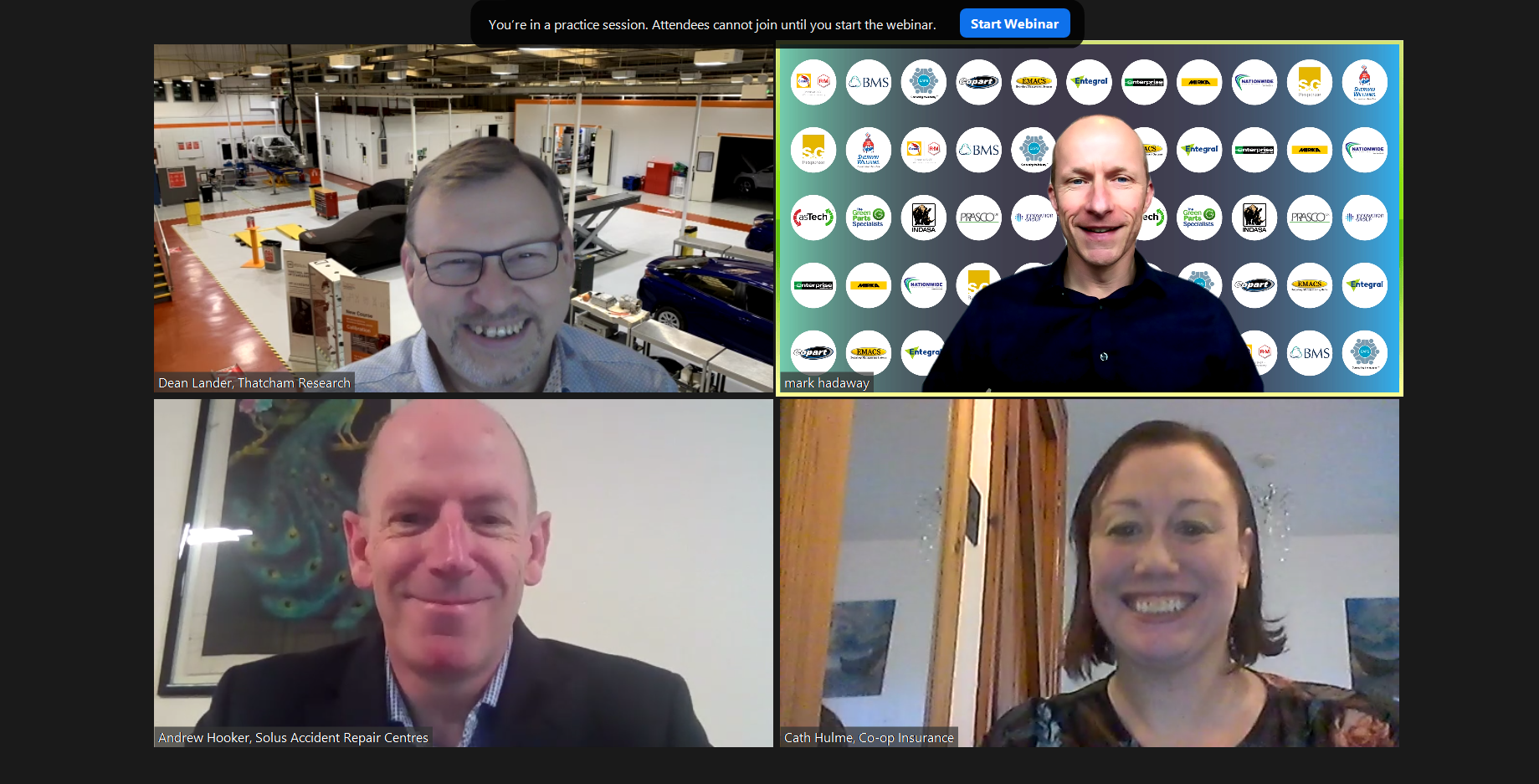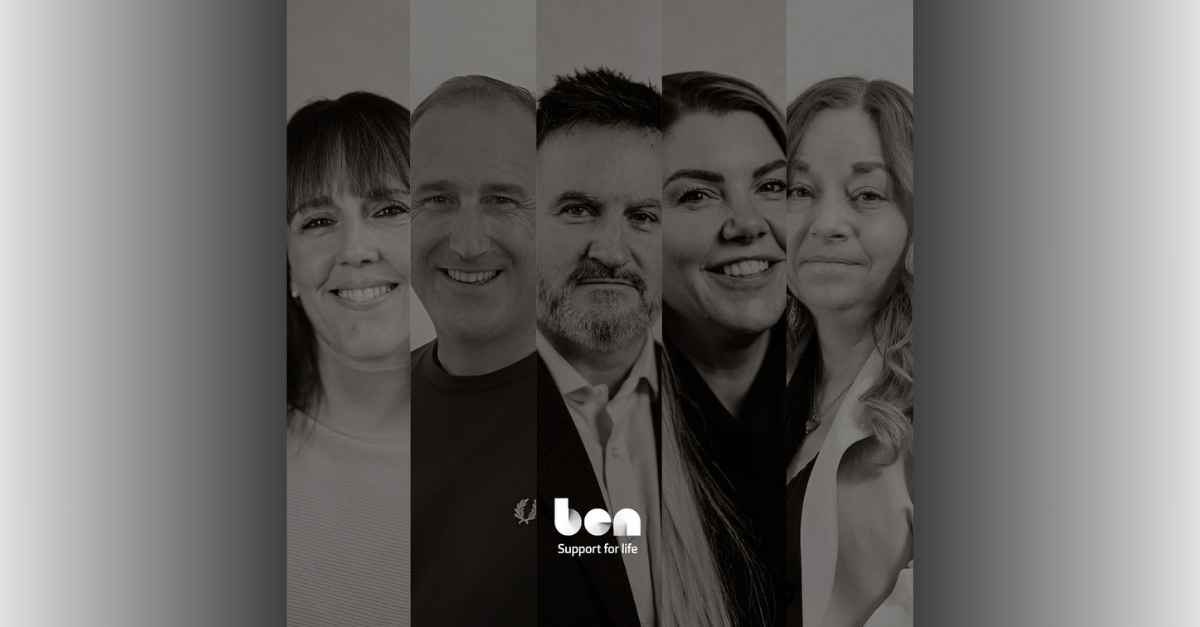The sixth and final session of the ARC360 Digital Event Series – Looking Ahead – took on the broadest of subjects, the future of repair, and raised the alarm on the associated dangers of an electrified car parc.
A combination of Covid-19 and the government’s announcement that the ban on the sale of petrol and diesel vehicles will now take affect from 2030 has seen EV uptake accelerate at a profound speed during 2020.
EV sales have doubled since the first national lockdown, even surpassing diesel in some markets, but this brings with it the potential for disaster in the repair sector.
Critical
Dean Lander, head of repair sector services, Thatcham Research, said, ‘The electrified car park will grow. It is going to happen. I have serious concerns for the health and safety of the technical and non-technical workforce, because this is such a significant change and the implications could be disastrous if we get it wrong. I can’t express how critical this is.’
One area that he thinks has been overlooked by some is the 20m quarantine radius around vehicles with damaged batteries, due to their hazardous chemicals. He also warned of a harrowing scenario where one colleague rushes to the aid of another without realising electrification is a real possibility.
He continued, ‘It’s human nature, so if I were running a bodyshop today my focus would be making sure my whole team had the full awareness of the health and safety risks associated with it. It only takes one small mistake by a qualified technician in an uninformed or ill-prepared environment to create a catastrophic situation.’
Technology
But while the need to prepare for electrification is acute, it is just one aspect of wider technological revolution.
Dean was joined on the panel by Andrew Hooker, technical lead, Solus Accident Repair Centres, and Catherine Hulme, head of motor and legal supply chain management, Co-op Insurance, and both agreed the pace of progress in the sector is one of the greatest challenges they face.
Andrew said, ‘Technology has not paused because of Covid. People are still designing things and new technology is still being rolled out. People have just found new ways of working so I don’t see the pace relaxing. If anything, it will only get faster as new technologies and new entrants such as Microsoft and Apple enter the market.’
Greater support
For bodyshops, it can a daunting prospect trying to keep up. Andrew called for greater support from OEMs, many of whom have a 10-15-year strategy and could help the aftermarket by providing greater clarity around future developments, but he reminded repairers that, ultimately, investment decisions are their own.
He said, ‘One of the things that’s come out of this year is how adaptable we’ve become. Businesses are getting a lot quicker at adapting to new things. But that doesn’t mean they have to invest immediately. They should build up their knowledge base and then invest when it’s best for them.’
That was something Catherine echoed, warning against taking on too much too soon and then delivering too little.
‘We don’t always understand what a technology can do for us until we start using it,’ she said. ‘A lot of it is very expensive so we need to be selective. As with any business case, it’s looking at time to deliver and then payback. But it’s not just about cost. It’s also about customer satisfaction and I think a lot of consumer education will be required as we go through the next few years.’
Skills
Whatever comes next technology-wise, and whatever best suits an individual business, it is clear that vast levels of training will be required to prevent an already alarming skills gap becoming a chasm. The challenge is two-fold: developing the skills of the existing workforce while at the same time training those just entering the sector.
Dean said, ‘Skills is not somewhere where the industry can afford temperance. We need to invest in people.’
He pointed to figures that suggest the average age of an engineer across all industries in the UK is 38, but in the automotive industry it is 48. He warned of an impending generational challenge alongside the technical challenge, adding that managers must remember they too need training if they are to develop the leadership skills necessary to create enterprises agile enough to navigate the next decade.
Blended learning is one possible solution and has been particularly successful for Thatcham Research this year, and Dean believes its wider use could increase training while decreasing the financial and manpower burdens of traditional courses.
And perhaps there is another reason for optimism. Catherine wondered if what we consider a weakness – the flood of new technology into the sector – could be turned into a strength.
She said, ‘I think we’re missing a trick. The technology and development is attractive to young people. The roles aren’t the same roles they were, and once you explain the opportunities we have within the industry now people are interested.’
Specialisation
It does seem increasingly likely though that as the complexity within cars deepens the pool of repairers with the ability to provide a general service will shallow. Dean drew a comparison with the health sector, where general practitioners provide a basic service with specialists stepping in to handle more serious and specific cases.
He said, ‘I’ve been a long-time advocate for SMEs to choose their path because the days of being able to open your doors and take everything has gone. I’d say specialise in brand or material and become experts in something. Find your wheelhouse, get into it and stay in it, and make sure your work providers know where your wheelhouse is.’
Andrew agreed up to a point, but warned that predicting volumes becomes increasingly difficult the more you specialise, and if a business decides to specialise according to severity of damage, they could encounter problems around the accuracy of estimating.
He said, ‘The focus must always be on your customer. If you specialise, can you still continue to serve them? The customer is central to this; it’s what we’re all here for.’
Future
Looking ahead, the panellists foresaw greater focus on environmental issues, with stricter legislation coming in to enforce it, as well as a much-changed customer in terms of habits and expectations. That, they said, would drive even more digitalisation.
Dean concluded, ‘We’re reaching a time when the car can make the claim by itself and not need human interaction. It will measure the force of the impact, estimate the damage, call the insurer, notify the recovery truck if necessary, and even book itself into the right repair shop.
‘But in 10 years’ time we’ll be talking about technologies we’ve not even heard of yet.’
ARC360, in association with I Love Claims, is supported by corporate partners BASF, BMS, Copart, EMACS, Entegral, Enterprise Rent-a-Car, Mirka, Nationwide Vehicle Recovery Assistance, S&G Response, Sherwin Williams and CAPS; partners asTech, The Green Parts Specialists, Indasa, Innovation Group and Prasco; and strategic partners AutoRaise; NBRA; RepairTalks; and TrendTracker.

















